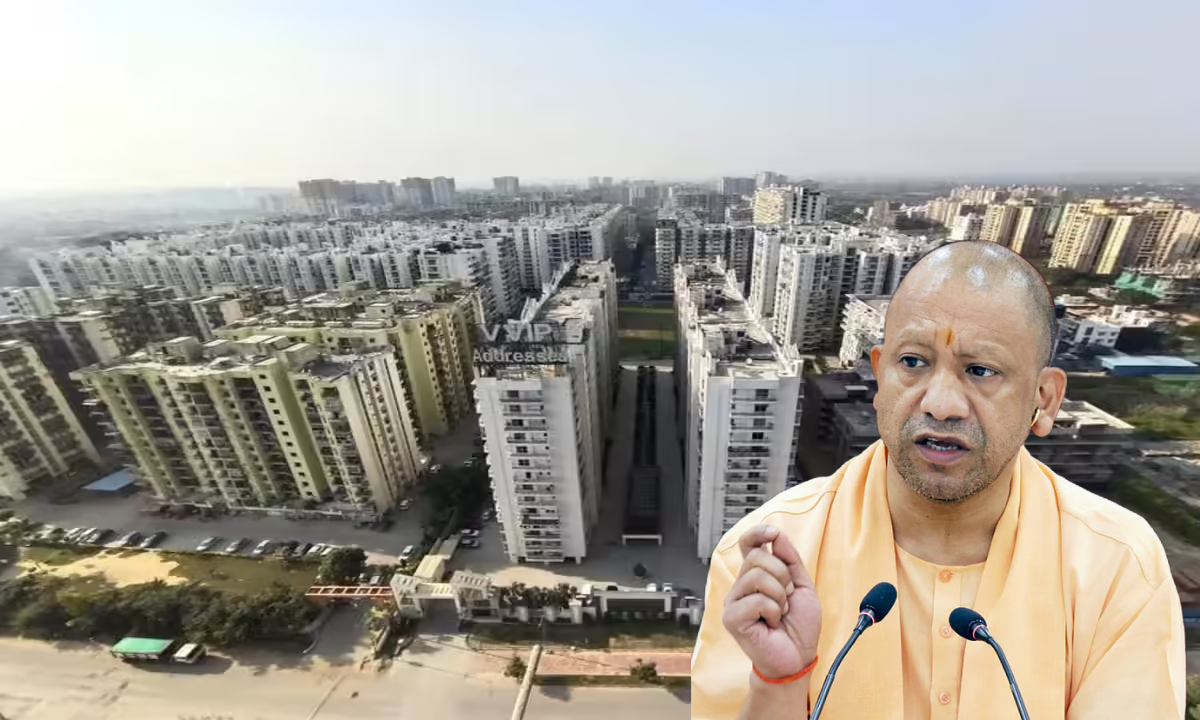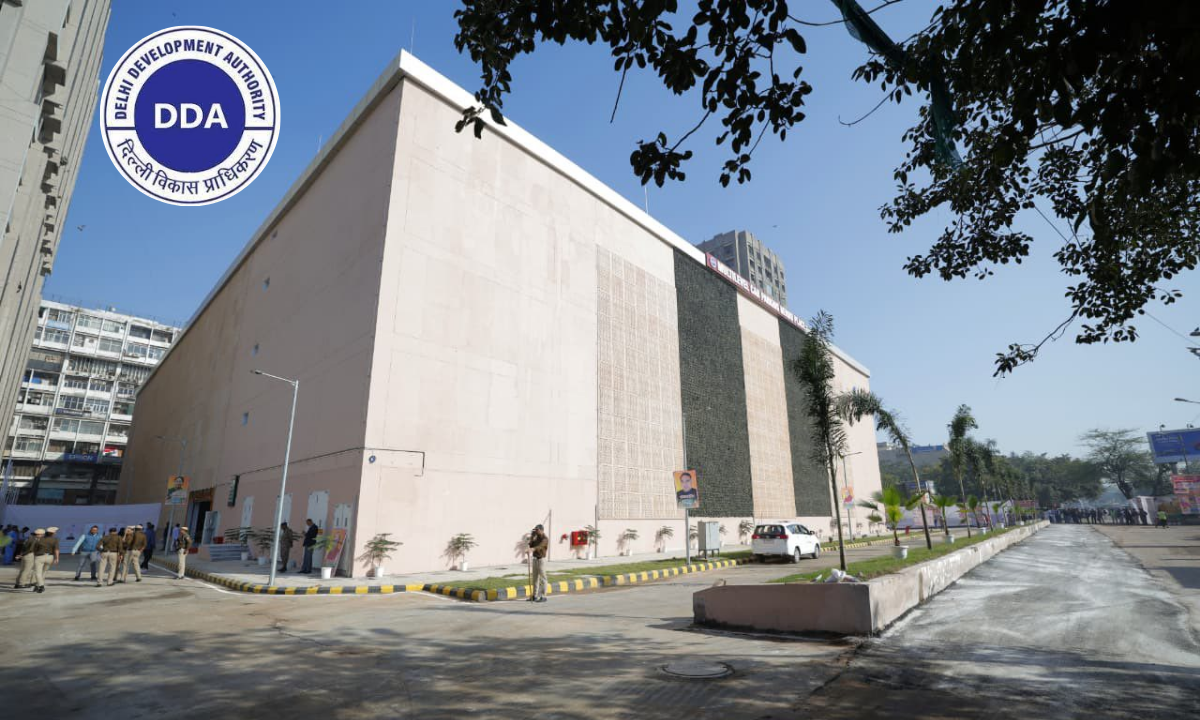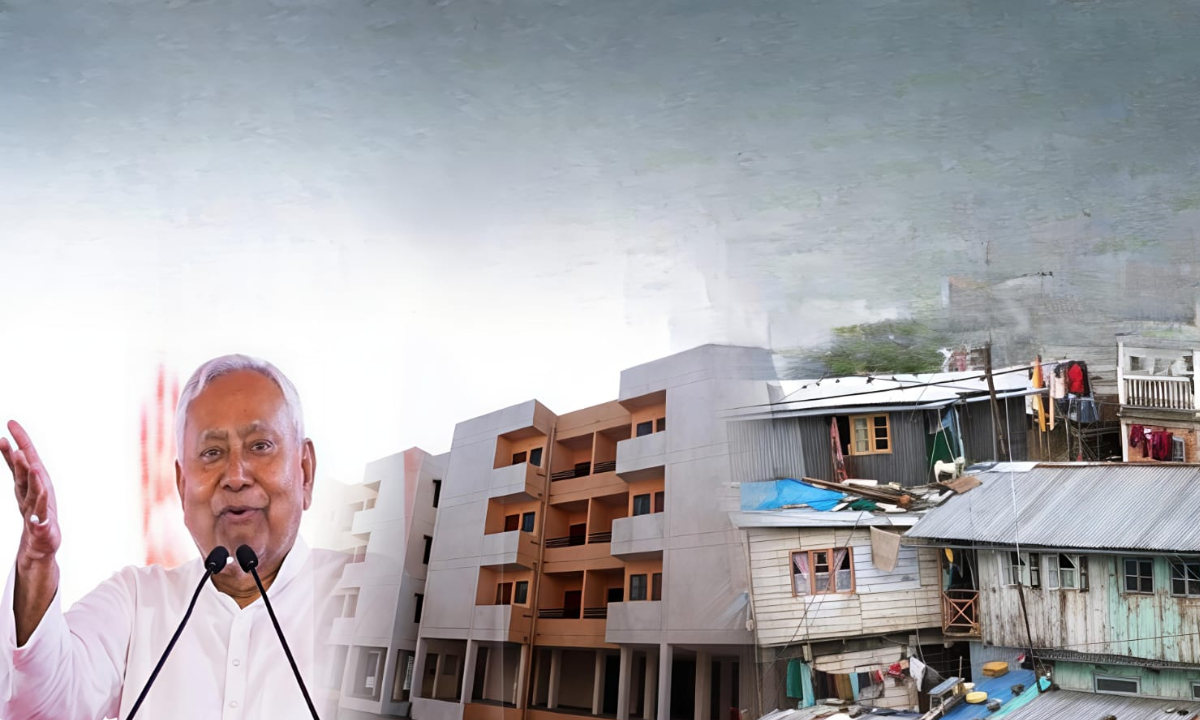The Madras High Court has directed the authorities to issue free house site pattas to 500 Scheduled Caste (SC) families in Dindigul district, underscoring the importance of upholding the legitimate expectations and dignity of marginalized communities.
This ruling comes after a prolonged legal battle initiated by P Selvakumar, a member of the Arunthathiyar community. Selvakumar highlighted the deplorable living conditions of approximately 500 SC families residing in Teppampatti village. These families had applied for free house sites over a decade ago, and in 2012, the government identified land parcels in Kallimandayam, located in the Oddanchatram taluk, for this purpose.
However, in 2022, when Selvakumar submitted a representation to grant pattas, he was informed that the designated land was now required for constructing a taluk office for the proposed Kallimandayam taluk. This abrupt change in plan led Selvakumar to file a petition in the Madras High Court, challenging the authorities' decision and seeking justice for the affected families.
Presiding over the case, Justice G R Swaminathan observed that the fundamental issue at hand was whether the long-initiated process of land allotment should be aborted in anticipation of the formation of a new taluk. He pointed out that, as of now, Oddanchatram has not been bifurcated, and Kallimandayam taluk has yet to come into existence.
Justice Swaminathan emphasized the constitutional vision that every individual should live with dignity, and questioned whether it was absolutely necessary to construct the taluk office on the site initially chosen for the SC community. The judge noted that no comparative evaluation was undertaken by the authorities to explore alternative sites for the taluk office. Instead, officials unilaterally decided to prioritize the construction of the taluk office over the long-promised allotment process for the beneficiaries.
In his ruling, Justice Swaminathan criticized the authorities for their arbitrary decision-making, highlighting that the stakeholders—namely the 500 SC families—were not notified or consulted. This lack of communication and consideration was deemed a serious breach of the legitimate expectations of the proposed allottees. "I have no hesitation to come to the conclusion that the legitimate expectation of the proposed allottees has been seriously breached," Justice Swaminathan stated.
The judge further remarked that if the authorities had considered the issue holistically, they would have recognized that benefiting 500 families is far more critical than constructing a taluk office at the identified site. This, he explained, is an example of the benevolent exercise of power that the authorities failed to demonstrate. The decision to prioritize the taluk office was found to be lacking in both compassion and foresight.
Consequently, Justice Swaminathan set aside the authorities' order and directed the Oddanchatram tahsildar to identify the beneficiaries in accordance with the law and issue free house site pattas. He also instructed that the allotted sites be handed over to the beneficiaries within three months, ensuring that the affected families receive the justice and support they have long awaited.
This ruling by the Madras High Court highlights the judiciary's crucial role in protecting the rights and dignity of marginalized communities. It underscores the principle that developmental projects should not come at the expense of vulnerable populations who have legitimate claims and expectations from the state.
The decision is expected to have a significant impact on the lives of the 500 SC families in Teppampatti village, providing them with the security and stability of land ownership. It also serves as a reminder to authorities that the needs and rights of marginalized communities must be prioritized and respected in the planning and execution of developmental projects.
The Madras High Court's directive reinforces the importance of upholding justice and equity in governmental decisions, ensuring that the voices of the marginalized are heard and their rights protected. As the authorities move forward with implementing the court's order, it is hoped that this case will set a precedent for more inclusive and compassionate governance in the future.
Image source- hcmadras.tn.gov.in









.png)